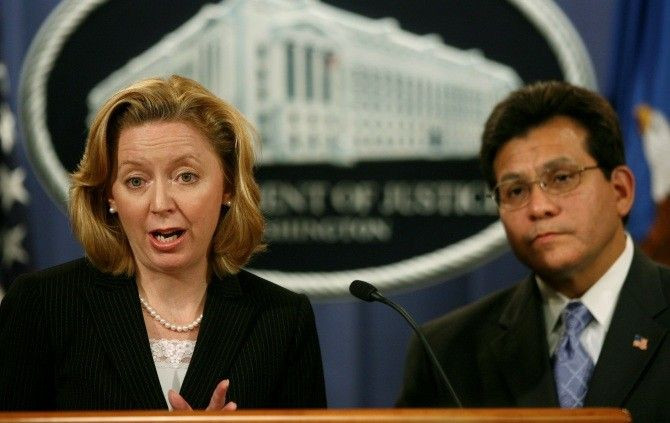Consumer group urges FTC to halt Vitaminwater’s 'outlandish' claims

A Washington, DC-based nonprofit watchdog has urged the U.S. Federal Trade Commission (FTC) to halt deceptive advertising and labeling of vitaminwater by a Coca-Cola Co unit. The National Consumers League (NCL) called advertising and labeling claims made by vitaminwater “dangerously misleading”.
The nation’s oldest consumer group pointed to print and television advertisements that suggest vitaminwater can replace flu shots and prevent illness and prey on consumers’ health concerns to sell a high-calorie product.
The Commission should immediately take enforcement action to halt such claims because such misinformation constitutes an imminent public health hazard, NCL said.
Stopping these vitaminwater claims, which contradict information by the Centers for Disease Control and other public health authorities, should be a top FTC priority, said Sally Greenberg, Executive Director of NCL. The FTC should act now, during cold and flu season, to stop vitaminwater’s outlandish claims, she said.
The NCL complaint urges the FTC to put an end to:
* A TV ad for vitaminwater makes a similarly deceptive claim. The ad depicts a woman who has so many unused sick days at work that she can take them to stay home and watch movies with her boyfriend. The ad states “One of my secrets? vitaminwater power-c. It’s got vitamin C and zinc to help support a healthy immune system. So I can stay home with my boyfriend – who’s also playing hooky.”
In a formal complaint with the FTC, NCL said advertising for vitaminwater deceptively claims that the beverage can reduce the chance of contracting the flu and/or the common cold. Such claims are unsubstantiated, and thus should be considered “unfair or deceptive” trade practices.
The complaint by NCL also urged the FTC to halt deceptive label statements for vitaminwater that describe the product as:
* a “nutrient enhanced water beverage” and that claim
* vitamins + water = all you need
NCL said these statements deceptively imply that vitaminwater consists solely of vitamins and water when in fact the beverage contains substantial amounts of added sugar. Most varieties of vitaminwater (except vitaminwater 0, which is sugar free) contain 125 calories per bottle. The U.S. Food and Drug Administration has recognized that such product names and statements may mislead consumers.
Two-thirds of Americans are overweight or obese; the last thing people need is sugar water with vitamins you could get from eating a healthy diet, or by taking a vitamin pill, said Greenberg. Beverages like vitaminwater that imply they contain only vitamins and water, but in fact pack 125 calories per bottle, needlessly contribute unwelcome calories to consumers’ diets.
Vitaminwater is a beverage manufactured by Glaceau, a subsidiary of the Coca-Cola Co.
© Copyright IBTimes 2025. All rights reserved.





















